Yunupingu death: Life’s work was a tireless quest for equality
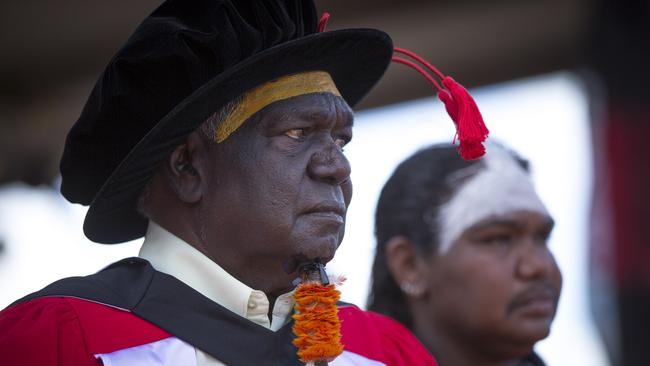
He was first and foremost a Gumatj man with a powerful legacy from his father and ancestors, whom he is now joining through the sacred songs recited in his homeland. He changed the way his people, the Yolngu of Northeast Arnhem Land, and other Indigenous peoples are treated.
In the 1960s, as a young man, or in his teenage years in the Western system, he was delegated by his father to assume profoundly important responsibilities for his clan and the Yolngu people in his ancient system of alliances in Northeast Arnhem Land. His father, Mangurrawuy, had led the Gumatj clan during the most tumultuous times in their history. Missionaries, anthropologists, vigilantes, such as those commissioned by the East Africa Cold Storage Company, and police had entered the lands in possession of the Yolngu, attempting to take the land and impose a foreign religion and system of governance.
Over six or more decades, several political events conspired to assist in their failure. Even though some resorted to violence and murder, and governments imposed racist restrictions under an authoritarian system of rule, Yolngu leaders strategised to ensure the survival of their people.
Yunupingu remained throughout his life deeply concerned about the existential threat to his people and to other Indigenous people. The most sacred place in his country was occupied by an ancient tree, and this Banyan tree was also sacred. When the Nabalco mining company bulldozed the area, he demanded that the tree be saved, and it was in a tragic way. It stood alone in an ugly industrial landscape. He watched out for it, asked about it, and visited it.
This was one of many responsibilities he undertook in keeping with his status. And he, like an ancient tree, was a great presence in his beloved country and, eventually after so many decades, around the nation and the world.
He had been chosen by his father to become a clan leader and to go through the many years of learning that involved. His early religious ceremonial training coincided with the turning of the tide in Indigenous affairs in the 1960s.
He was the interpreter for the clan leaders in the Supreme Court in the ACT in the Milirrupum v. Nabalco case in the 1960s.
He was interpreter in the Woodward commission of inquiry, appointed by Gough Whitlam, to determine how land rights were to be recognised.
By interpreting for all the clan leaders and their evidence, he became extremely knowledgeable. Later, of course, when the Land Rights Act had passed and the land councils were established in the 1970s, he became chair of the Northern Land Council and served in that position twice.
So he is, in many ways, one of the critical figures in the land rights movement.
He was able to translate philosophical beliefs and the inherited ancient property systems of Yolngu people to a very wonderful judge, Justice Woodward, to enable a land rights system to be legislated. He also contributed to culture, the survival of Aboriginal culture, and to education.
The Yothu Yindi Foundation press release on his passing explains how he initiated the Dhupuma Barker School in his community in Arnhem Land, which has been producing wonderful results with high attendance rates for the children.
He understood the ancestral power of his country and also the countries of Indigenous relations and friends, and his influence spread across the country through these ancient alliances. He became not only a great ritual leader, as highly qualified as a Yolngu man could be in his culture, but also a great political leader. This, he often acknowledged, was due to the Yolngu culture with its principles of balance, reciprocity, and the mixing of knowledge systems like the flow of freshwater into the seawater. He curated many events to bring about greater understanding of the great benefits of the meeting of Yolngu knowledge and Western knowledge, and the injunction of his law to share knowledge and to show respect for others.
His compassion drove his desire for the equality of Aboriginal people and opportunities for young people to achieve their dreams. At Gulkula, he established the Garma Festival to achieve this purpose and, year after year, led people in discussions at this great ceremony with its annual bush university at the festival forum.
He did this for the young people to come so that, as Noel Pearson put it, they “take a leap of faith … we could even touch the stars”. One lesson Yunupingu learnt from his father and ancestors was “to look up to the stars”.
He was an artist, a great traditional singer and an innovator. He was a great clan leader, a great family man and very much loved by so many Australians who came into contact with him through his Garma Festival and so many other good works.
He was also an intellectual. He published some wonderful works and I note particularly Tradition, Truth & Tomorrow published by Black Inc.
His name means a rock that stands in the middle of the sea, and he lived up to the legendary power of the rock. He made representations to prime ministers and ministers of Australian governments.
He became chairman of the Yothu Yindi Foundation and, at the University of Melbourne in 2007, in a speech that set out the goal of constitutional recognition of Indigenous Australians, he said: “There can be no settlement if Indigenous people remain the most disadvantaged citizens in the nation.
“Words can set the scene but real commitments are required to tackle poverty and disadvantage. Fixing these problems will take time, energy and money. The immediate problems of the Indigenous world cannot be put to one side as we start to talk about symbols and words.
“Our words must inspire us to greater efforts on behalf of the children and the old people and the everyday people who struggle out there in our communities.”
He asked us to come with him in facing this challenge. And so we did. It is a cause of great sadness that he did not live to see not only the referendum on the voice, but also the achievement of so many of his other goals. He wanted equality of opportunity for all, and especially for young Yolngu and other Indigenous people.
This is the legacy and challenge he has left us.
Professor Marcia Langton is the Associate Provost and Redmond Barry Distinguished Professor at the University of Melbourne

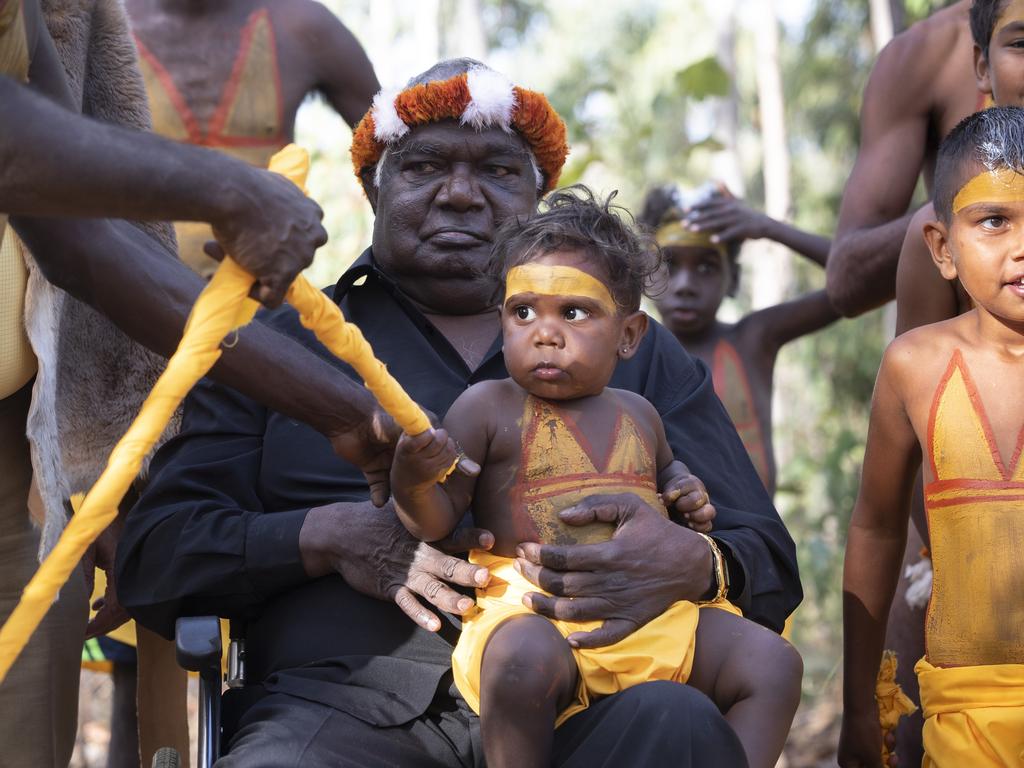
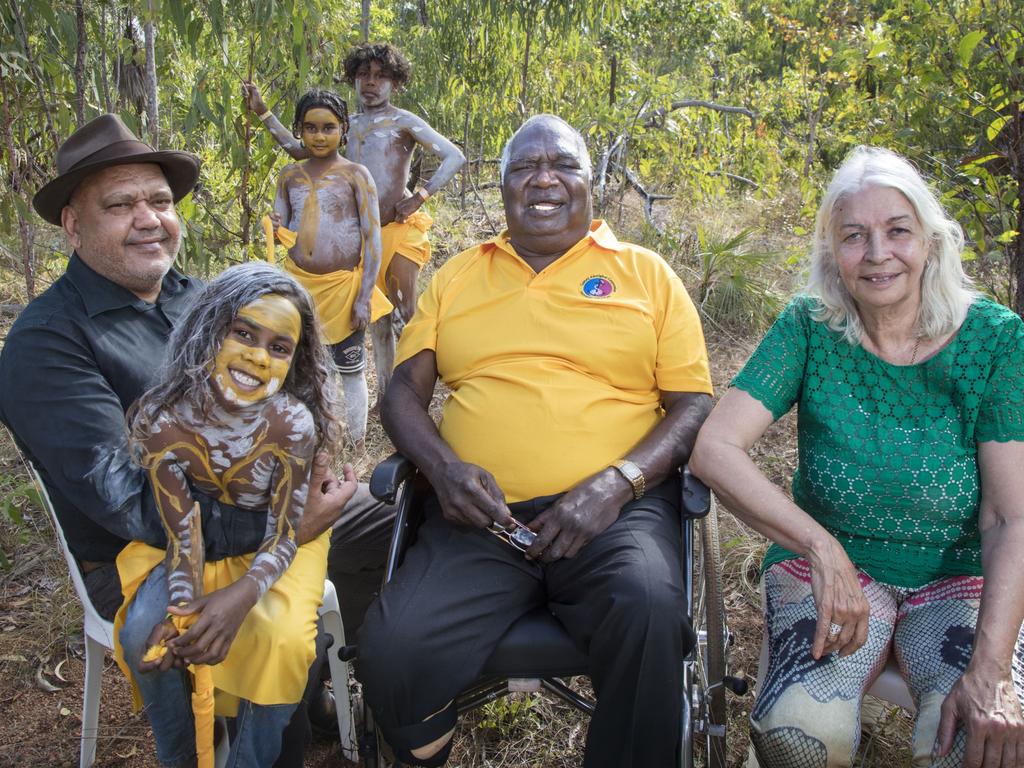
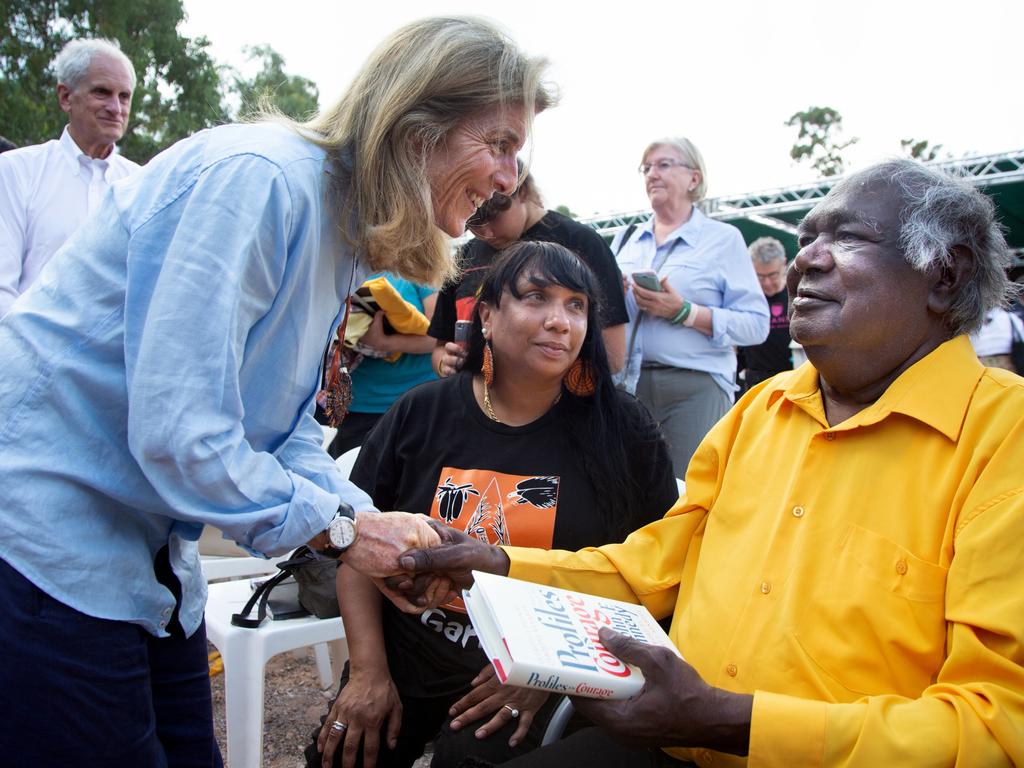
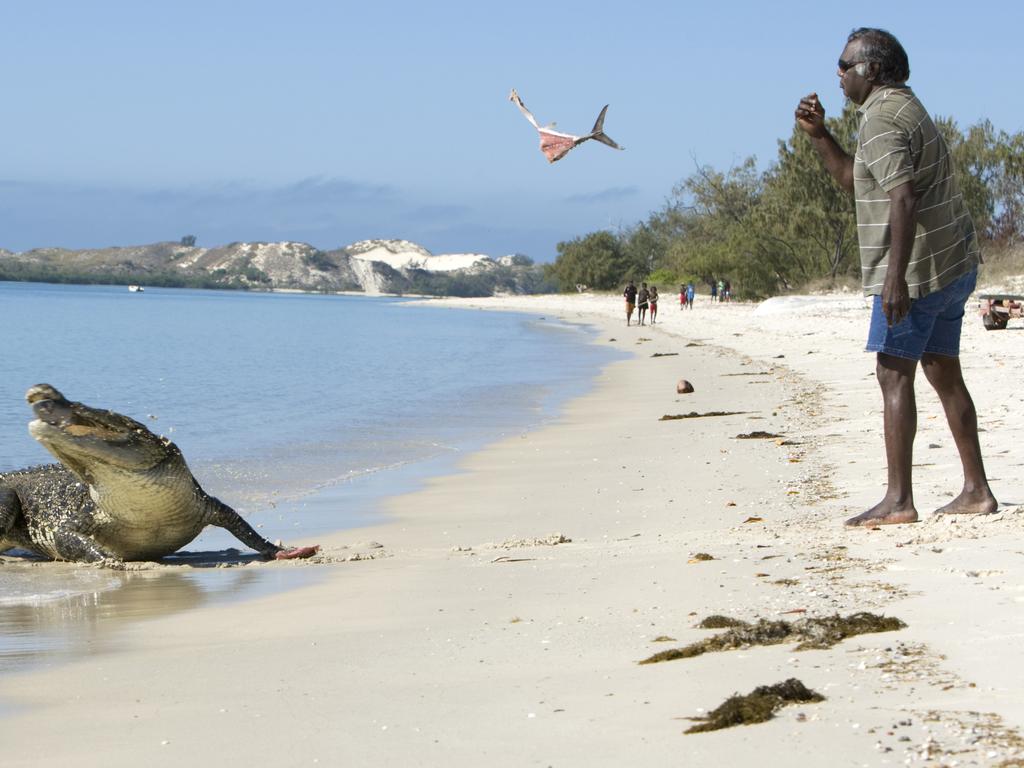


Yunupingu was an extraordinary man who built a bridge between his world and the world of Australians who had been unable to understand that they were living in the lands of First Peoples.